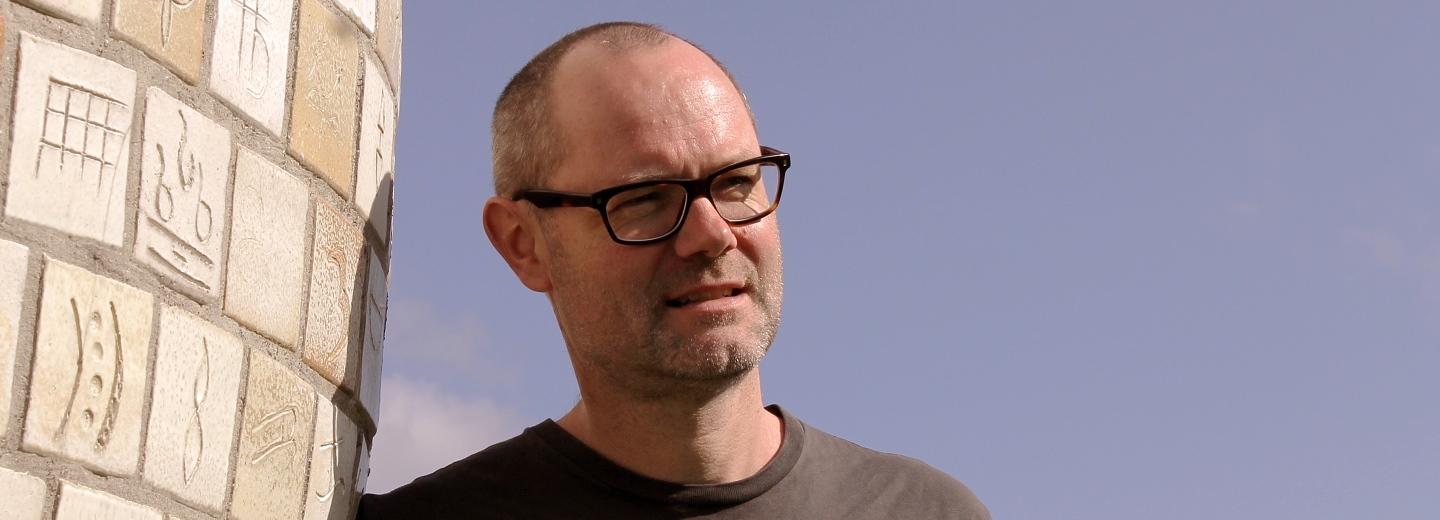
A word from the Dean
Dear Staff and Students
On 1 February 2017, SDU opened up for applications to study programmes beginning in the autumn. This year's intake will be quite special, as SDU has made way for a larger intake from Quota 2 and a new test-based intake on many of the study programmes. In connection with this, SDU has received a lot of attention in the media, and the number of visits to SDU's website has beaten all previous records. The deadline for application via Quota 2 is 15 March, and in this respect I would ask you to be accommodating and helpful to potential applicants - or their parents - who might approach the departments.
The Faculty's management has just approved three vital long-term goals for the Faculty. The test-based intake is one of the initiatives that will back up one of our long-term goals: to get more applications to our study programmes. The test-based intake can give applicants who do not have the necessary grade point average a new chance. Even more important, however, is that the test-based intake will secure a better match between applicants and study programmes. That we as a university do our best to ensure a good match is advantageous both to the individual applicant and to the University. I believe that the extra effort will give us a competitive advantage compared with the universities who exclusively - or almost exclusively - use the grade point average as a selection method.
Getting more young people to apply to our study programmes is of course also about more than test-based intake. As a faculty of science, we must be dedicated to making sure that science has a strong position in primary schools and high schools. Luckily, we are not alone. The Confederation of Danish Industry and leading experts concur on the importance of STEM skills (science, technology, engineering, mathematics) as a prerequisite for growth and prosperity in Denmark.
We must all work together to inspire enthusiasm among young people for the mysteries of science. A good example of this is the communication project Kvantebanditter, which has the aim of introducing science, and particularly the quantum universe, to children and young people between the ages of 4 and 18.
Personally, I am concerned with making sure that a sufficient amount of young people choose a high school line that qualifies them for our study programmes. Not least, it is essential that enough young people choose mathematics at a sufficiently high level. In my experience, good mathematics skills are imperative for getting involved in engineering or science.
In conclusion, I will repeat my encouragement to be accommodating to potential applicants and - not least - to welcome them when they begin their studies at the Faculty of Science!
Read the full description of the long-term goals for the Faculty of Science (pdf)
Martin Zachariasen, dean